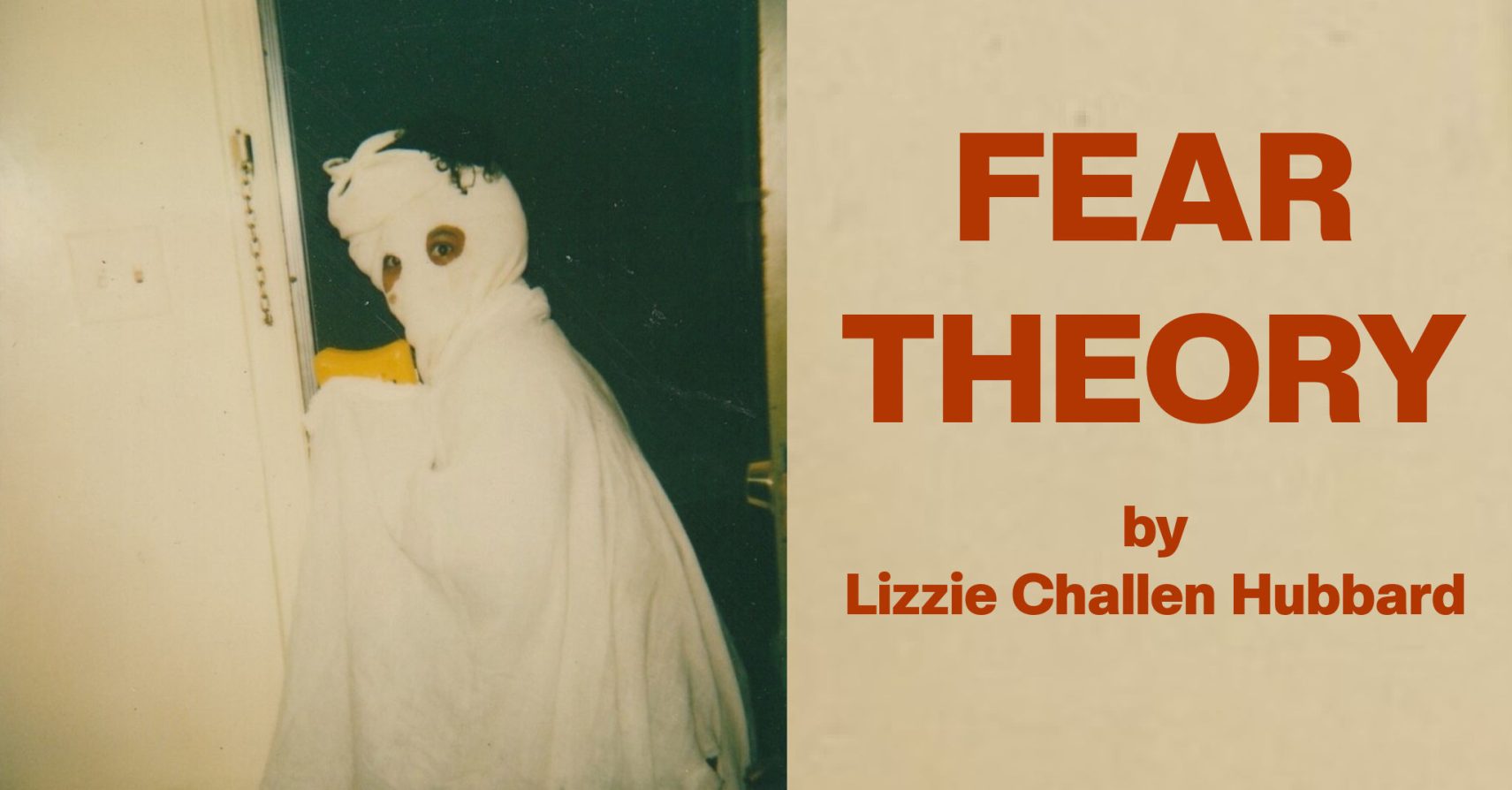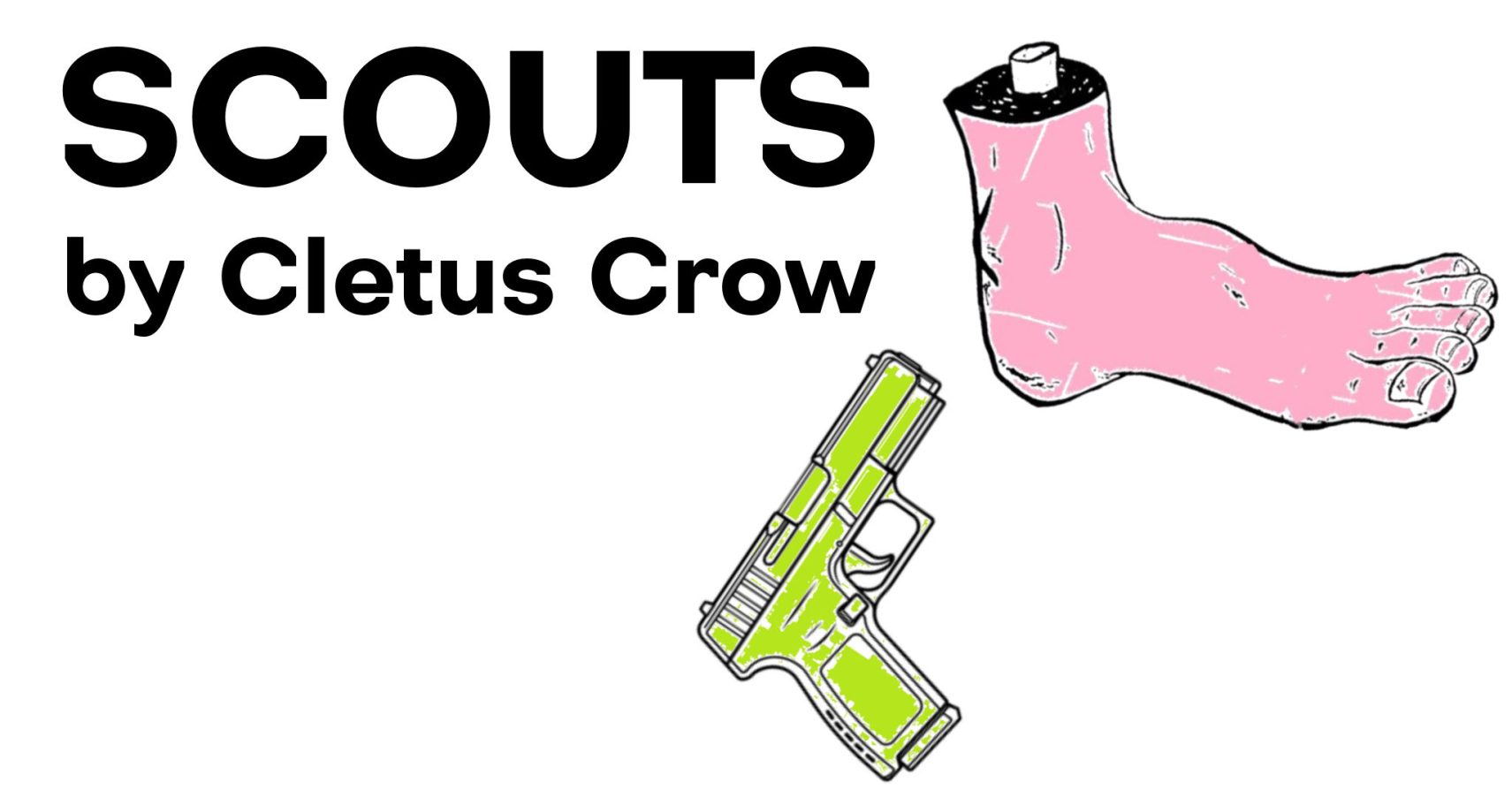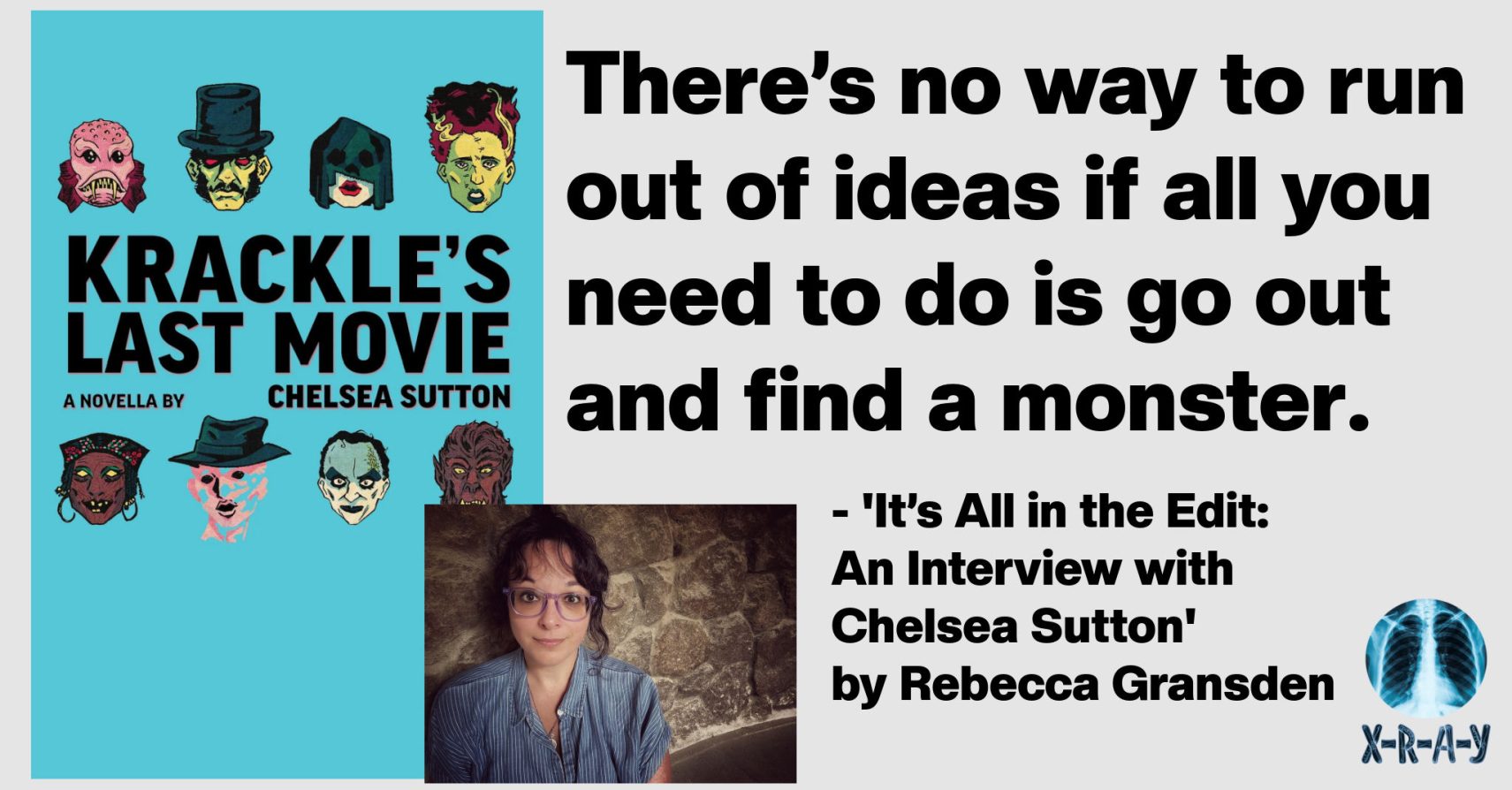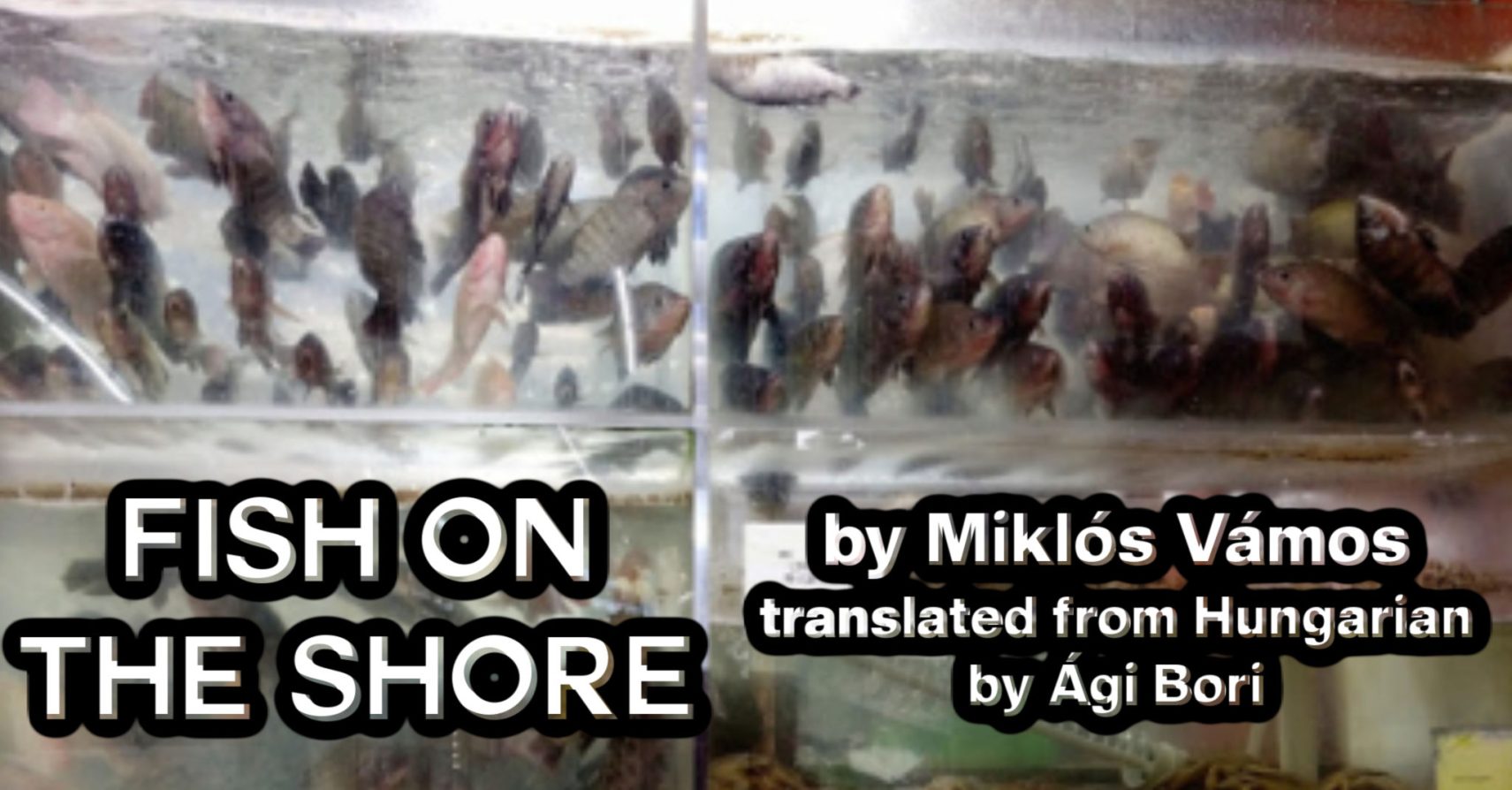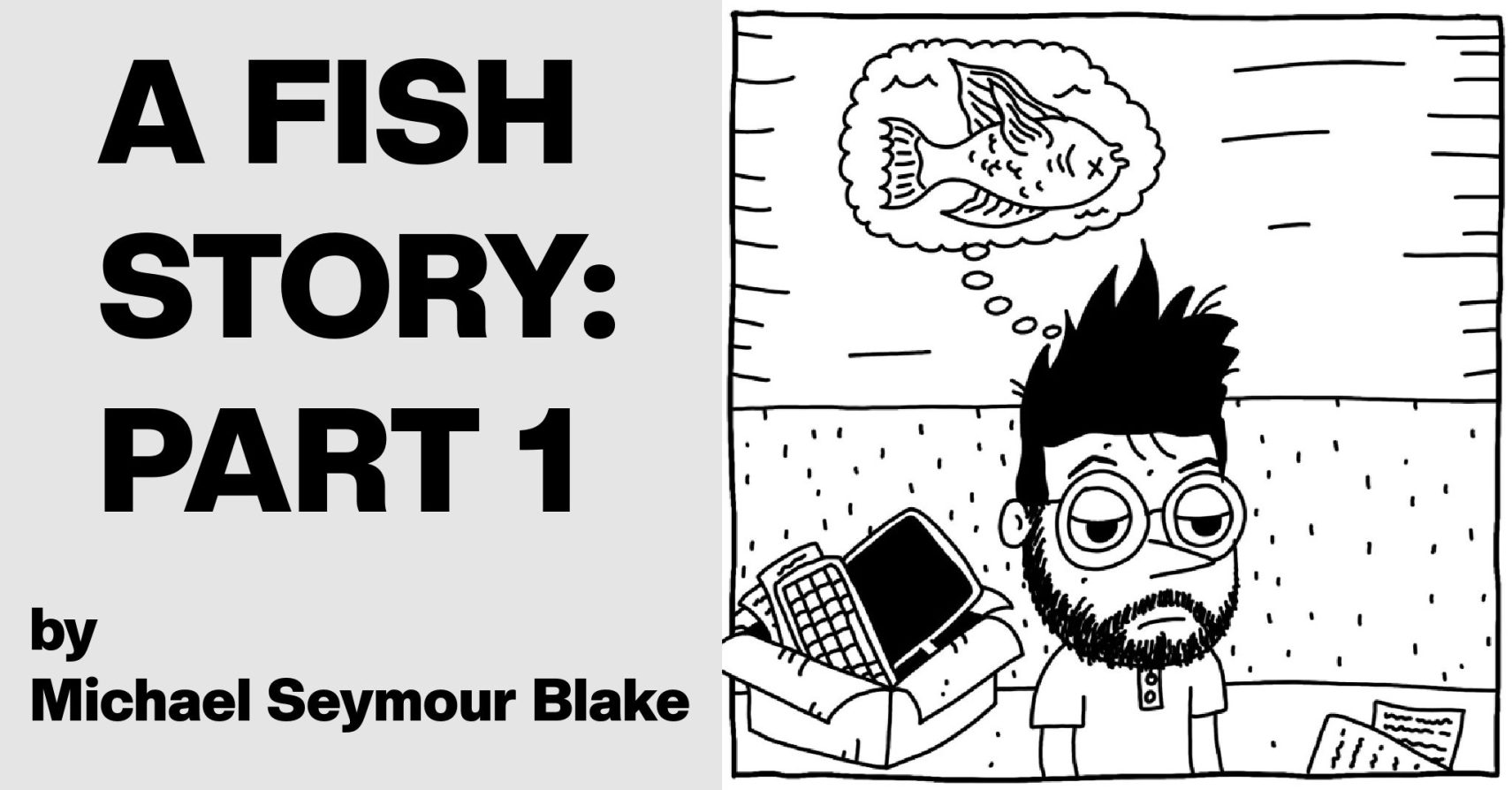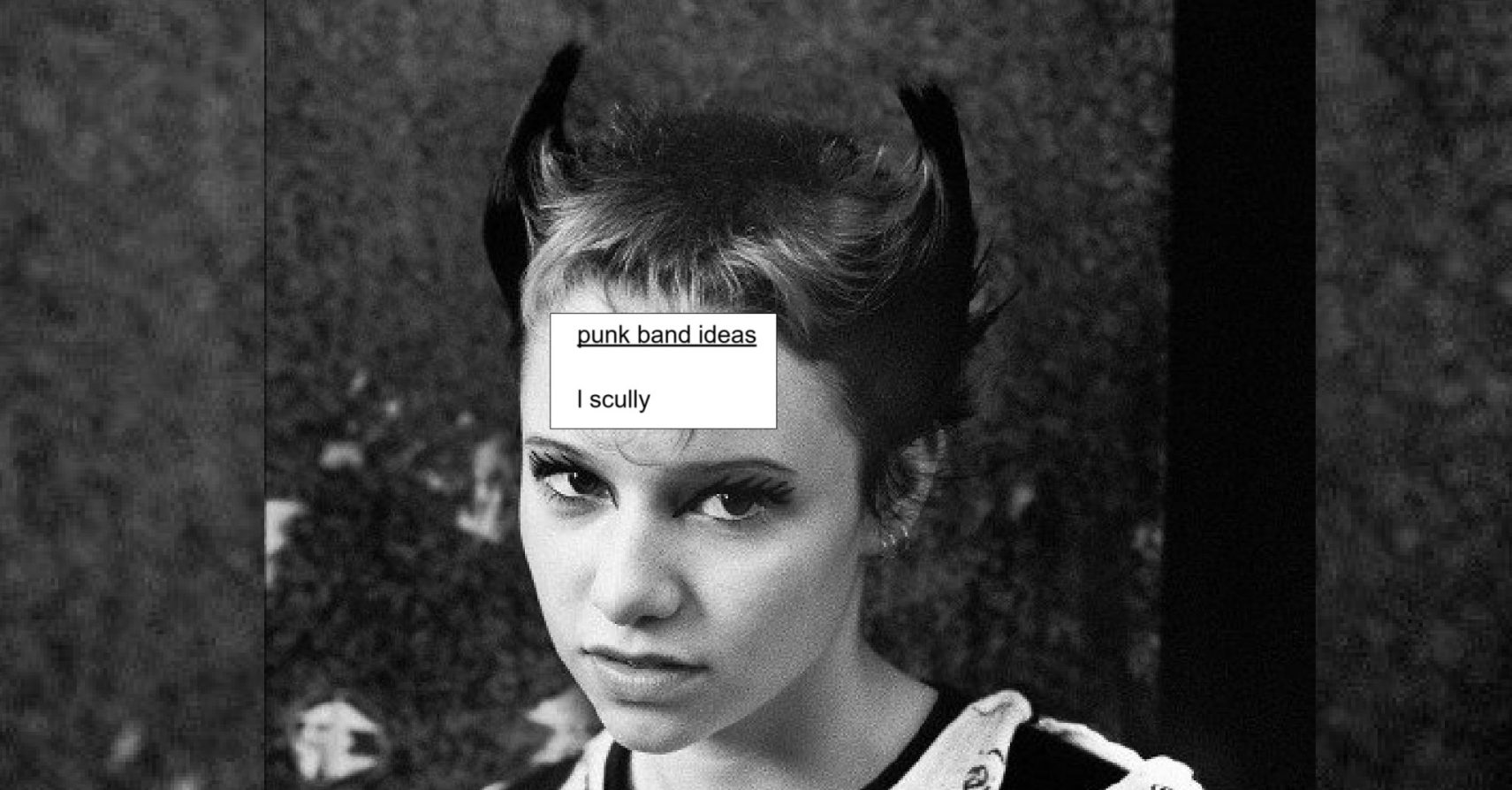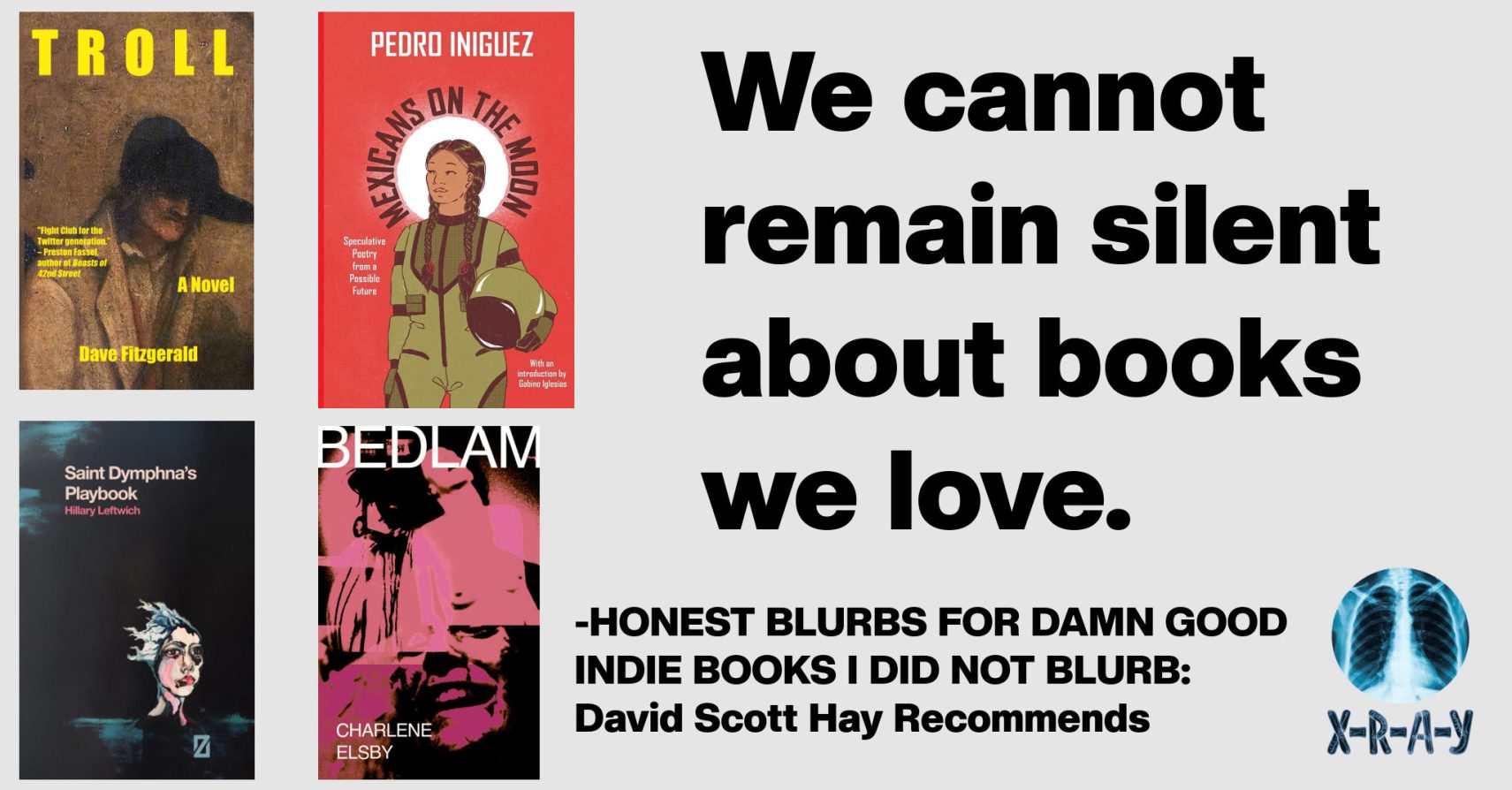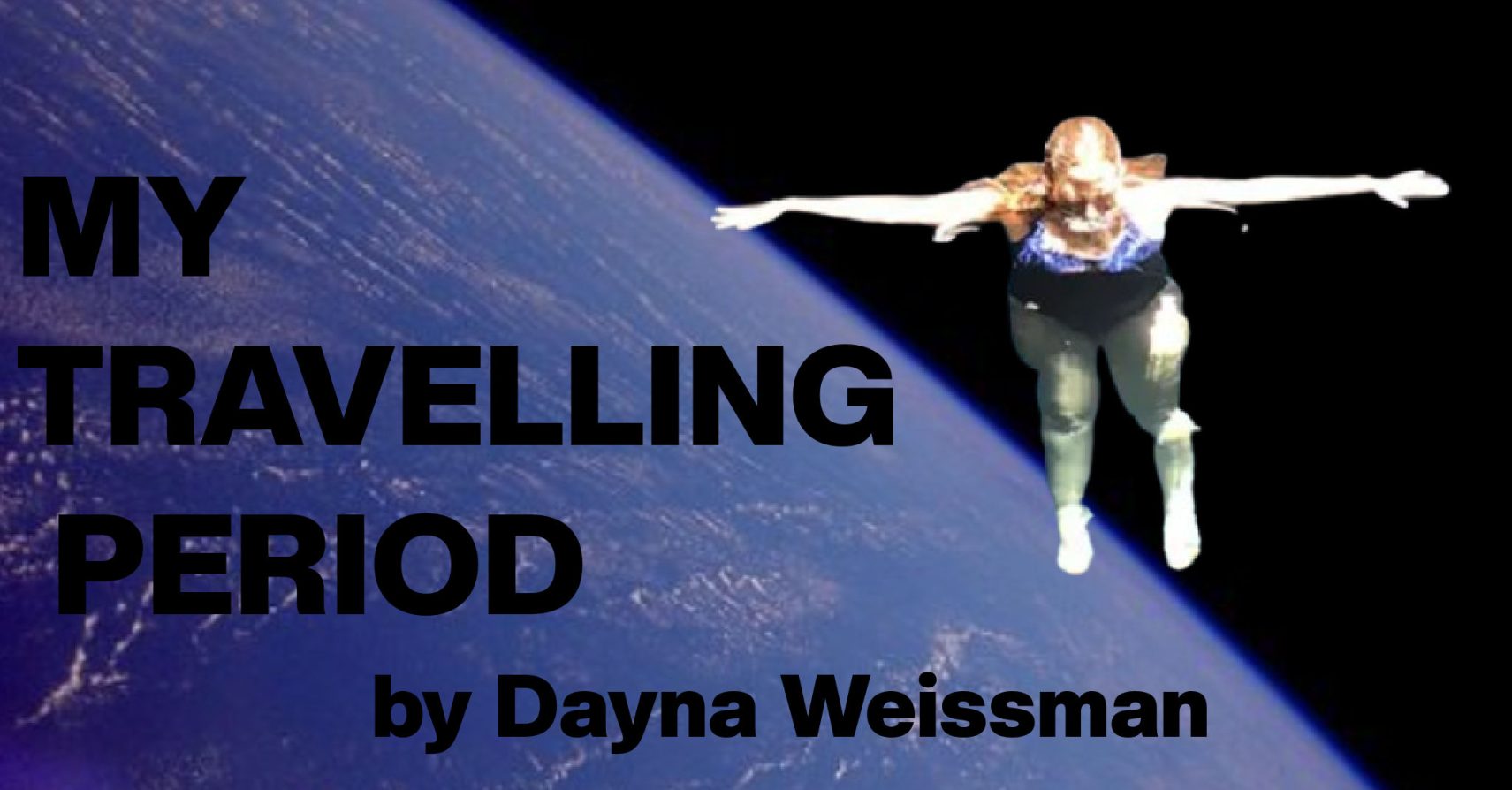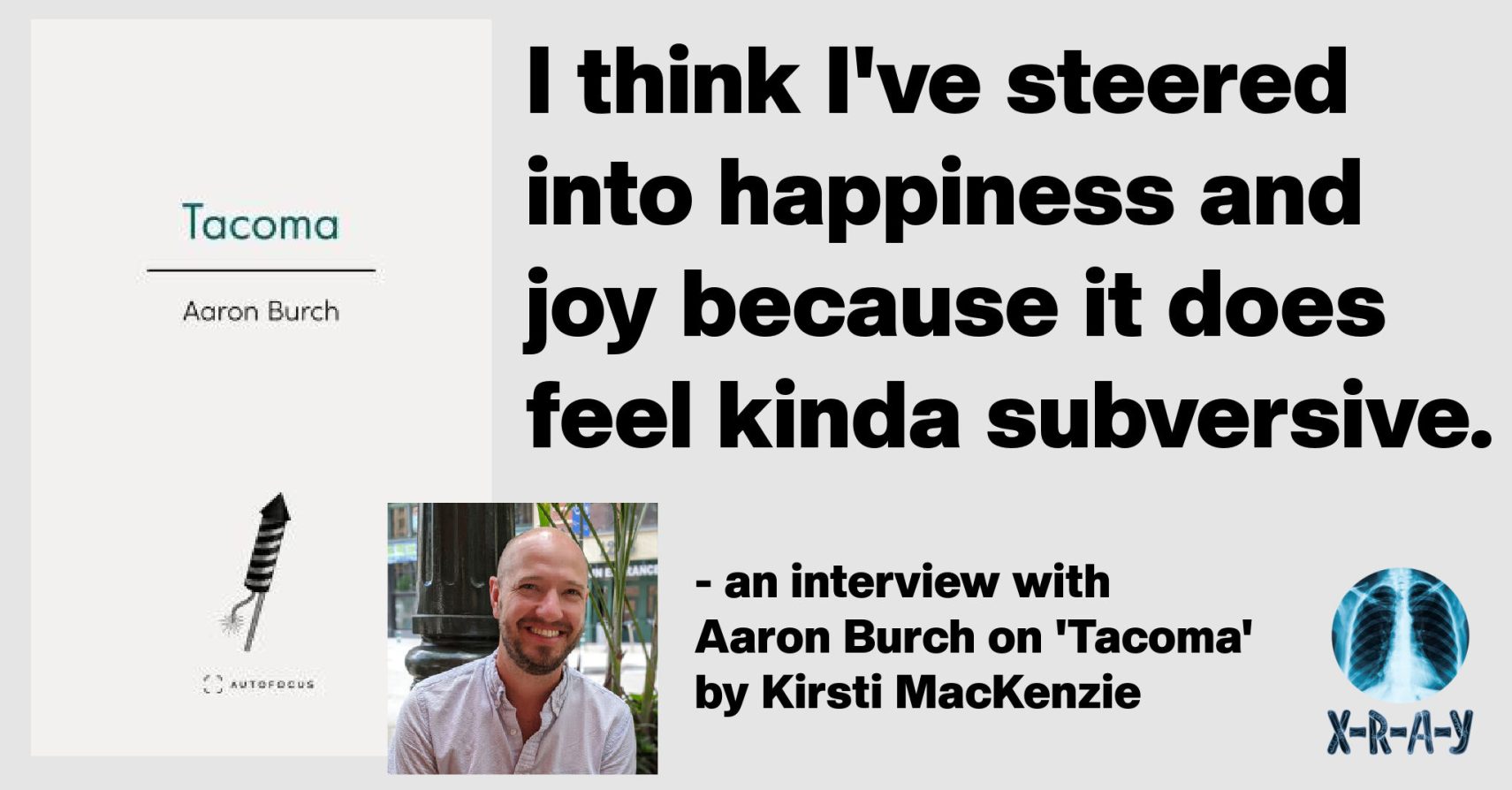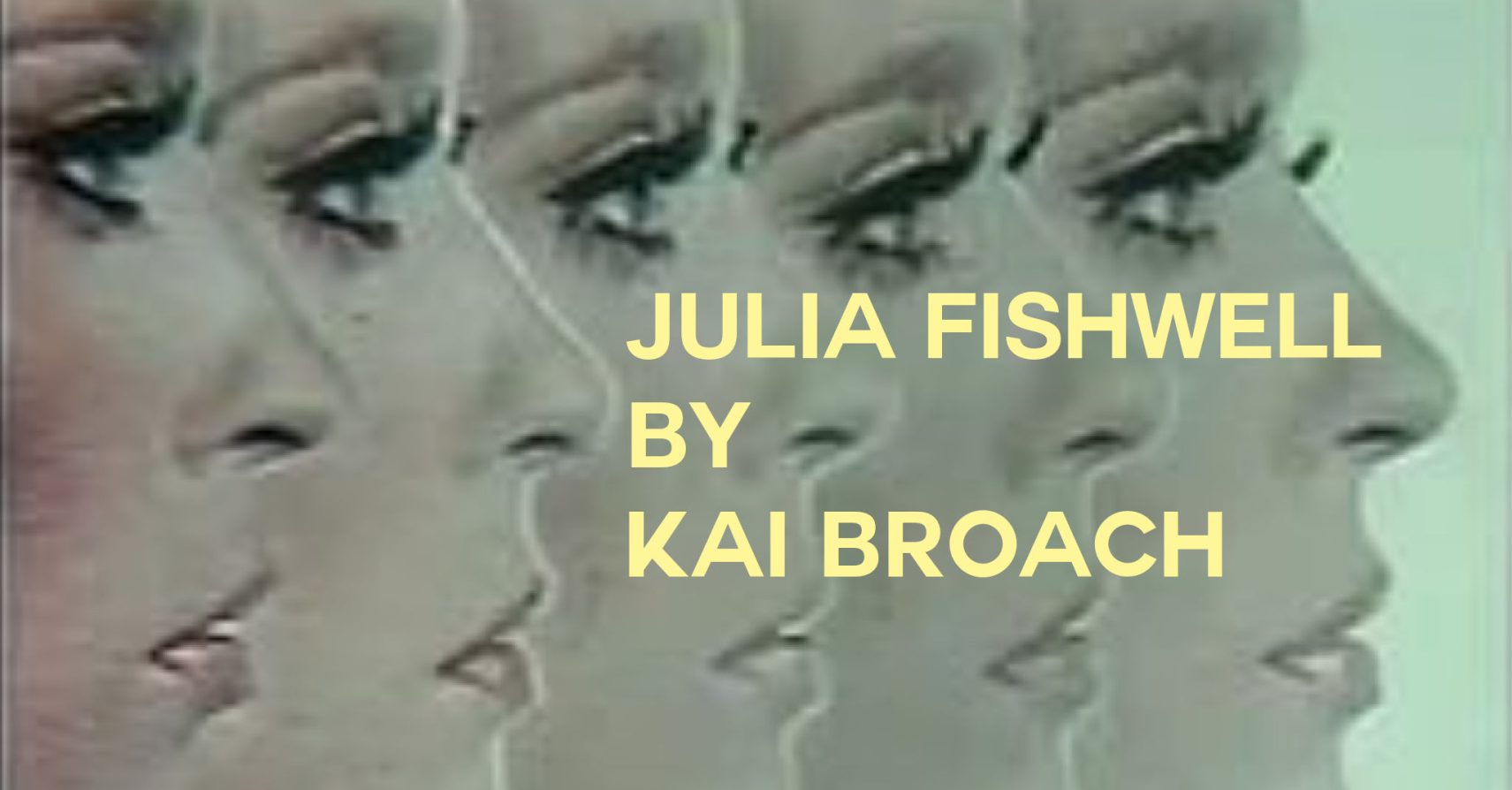
JULIA FISHWELL by Kai Broach
When I met Julia Fishwell, I was trying out a lot of different deodorants. A fungal infection had left my armpit skin itchy and brittle. The Old Spice I’d used since puberty was too harsh. All the new ones too. Every week I smelled like a different person. Julia stared straight at me from behind the drug store counter. “You don’t want this one.” She swept my hypoallergenic stick from the conveyor to clatter against other rejections in a basket at her feet. She rapped the counter like I was a distractable pet. “I’ll be right back.” She stepped from…

